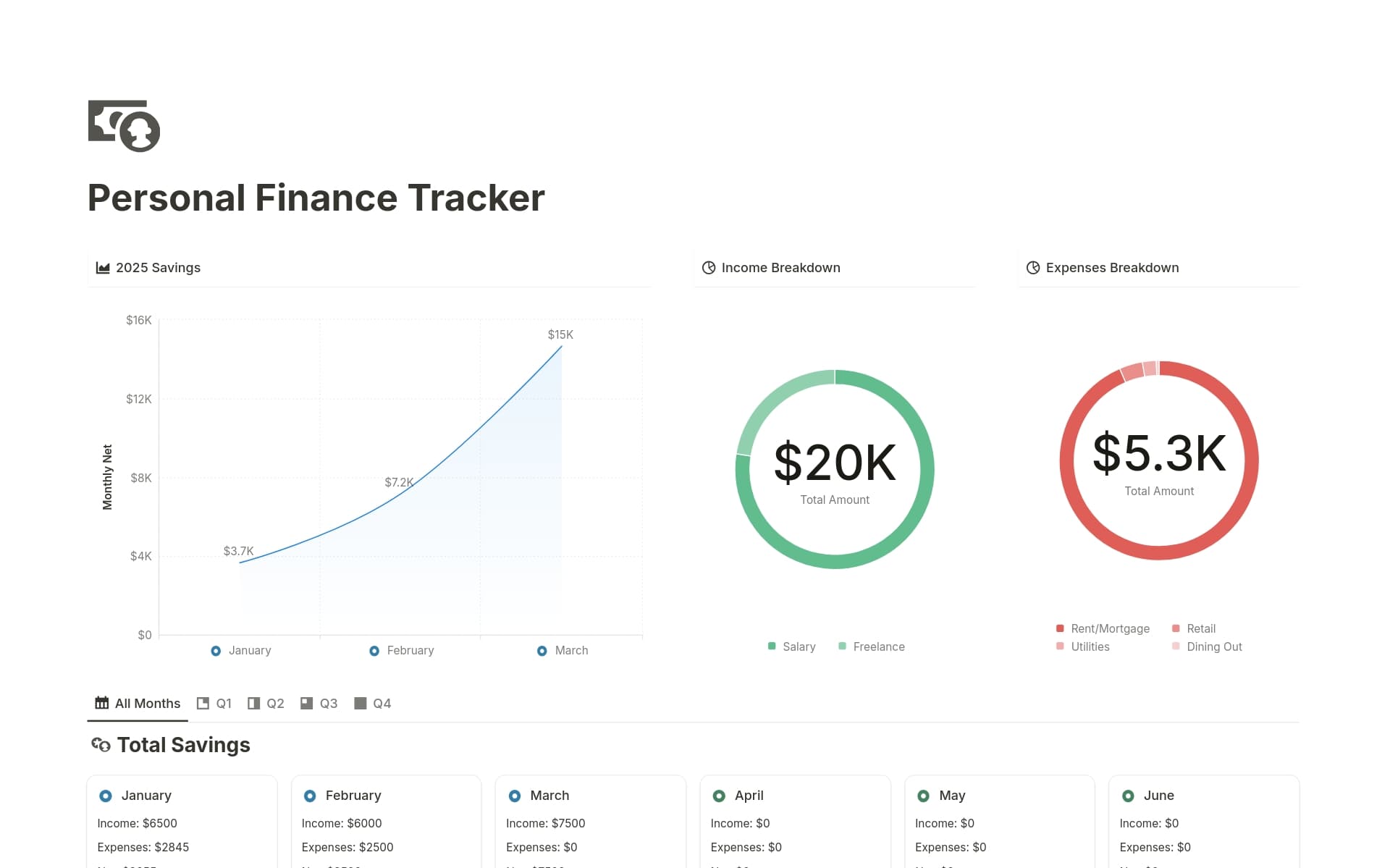Collaboration Hubs are essential for streamlining communication, centralizing information, and fostering teamwork in any environment, whether it's for personal projects or within an organization. A Collaboration Hub template in Notion can help set up a structured space quickly, ensuring that all team members have access to the necessary resources and can contribute effectively.
Before you get started in creating your own Collaboration Hub, check out these Collaboration Hub templates below to help make the process easier.
What Should Collaboration Hub Templates Include?
Choosing the right Collaboration Hub template in Notion can transform the way your team interacts and manages projects. Here are key components to look for in a high-quality template:
Comprehensive Task Management: A good template should offer detailed sections for task assignment, progress tracking, and deadlines to keep everyone on the same page.
Integrated Communication Tools: Look for templates that include built-in areas for team discussions, meeting notes, and updates to facilitate seamless communication.
Resource Sharing Capabilities: Essential for any collaborative effort, the template should have a system for easily sharing files, links, and other resources within the team.
Customizable Views: The ability to customize views for different team members or project stages can greatly enhance productivity and focus.
Selecting a template with these features will ensure your team has the tools necessary for effective collaboration and project management.
What Should Collaboration Hub Templates Avoid?
When selecting a Collaboration Hub template in Notion, it's essential to be aware of certain features that might hinder rather than help. Here are three key components to steer clear of:
Overly Complex Structures: Templates with too many layers and sub-pages can be confusing and reduce overall efficiency. Opt for simplicity to enhance user navigation and task management.
Generic Task Labels: Avoid templates that do not allow easy customization of task labels. Templates should be adaptable to specific projects and teams to ensure relevance and immediate utility.
Fixed Workflow Designs: Steer clear of templates with rigid workflow designs. Flexibility in adjusting workflows is vital for a template to be useful across various projects and team dynamics.
Choosing the right template involves looking for one that simplifies collaboration, adapts to your team's needs, and supports efficient project management without imposing unnecessary constraints.













